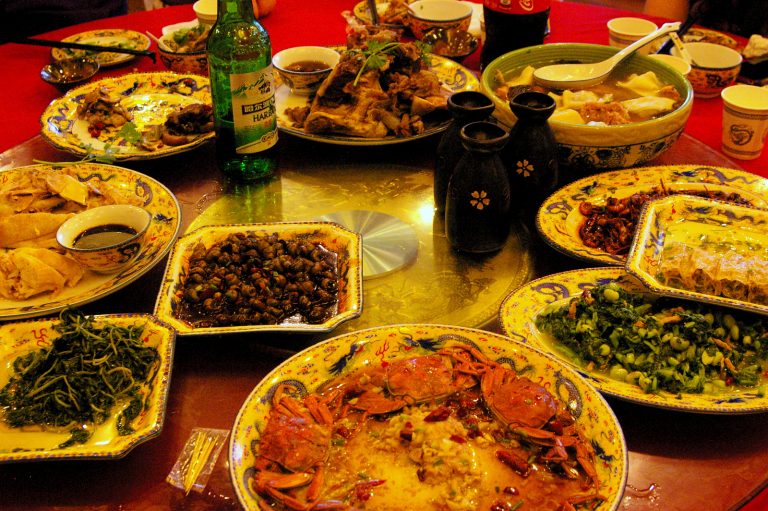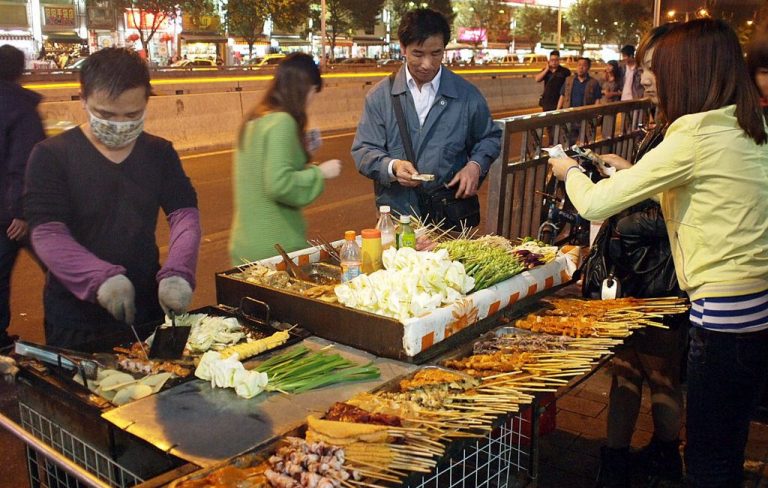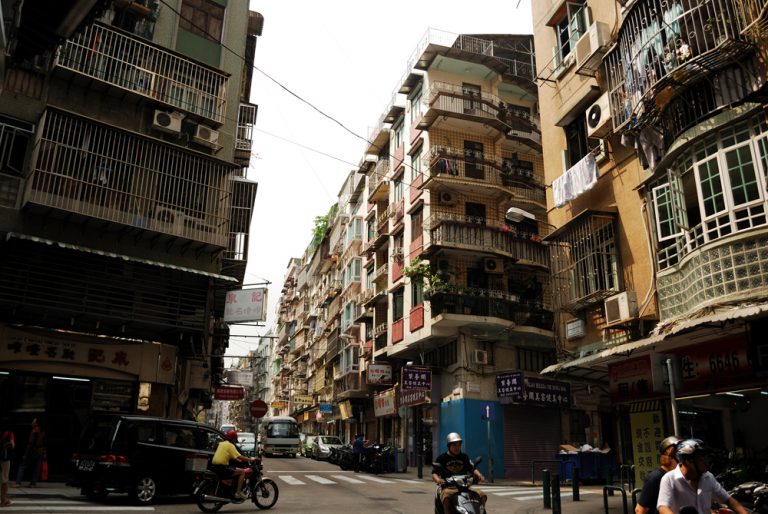What you need to know about Chinese customs
Navigating Chinese Customs
Every culture has its customs. When you greet a friend in Paris, you kiss them once on each cheek; in Provence you kiss them three times. Tibetans stick out their tongues to greet one another, whereas in some cultures it’s customary to press your forehead onto the hand of your elder. In Anglophone communities we tend not to do anything, unless we’re in a formal setting, then like a good firm handshake! Finally, in China a weak handshake with the right hand is the customary greeting…
Phew! If something as simple as saying ‘hello’ can be that complicated, however do we manage to get through cultural exchanges without offending everyone the moment we meet them? You’ll be relieved to learn that allowances will be made for you when it comes to etiquette in your host country, but it’s always handy to do a bit of homework beforehand so that you know what to expect.
Etiquette and gifts
It’s traditional to bring someone a gift when invited to their house in China, however there is certain etiquette that must be observed when choosing and wrapping your gift.
Food or traditional items from your own country are often well-received, as are scarves for adults and toys and games for children. Gifting someone a clock is unacceptable in China, as it implies that you are counting down the minutes until their death.
Take the number of gifts and to wrapping paper colour into consideration, avoiding unlucky numbers and colours, (red is very lucky!). After all that, you may find that your hosts don’t even open the gifts in front of you! Don’t be offended, it’s customary to wait until the giver has left before you open a gift in China so as not to appear greedy.
Table manners
Eating out is one of the most common ways to honour a guest, socialise, and deepen friendships; so you’re pretty likely to go for a meal with your host family!
Dishes are often shared and are served on a Lazy Susan in the middle of the table. Be considerate of others when serving yourself; try not to gobble all of one dish or take more than your fair share and allow your elders to serve themselves before you. Also, resist the temptation to spin the Lazy Susan around too much, especially when others are using it!

Chopsticks
Chopsticks are used to eat most meals in China, although you can request a spoon or fork. They’re tricky to get used to but you’ll probably have fun learning to use them. Never do any of the following when using chopsticks:
- Point at others with your chopsticks,
- Wave you chopsticks about,
- Stick chopsticks vertically into your food (this reminds people of funerals),
- Stab or skewer your food,
- Use your eating chopsticks to serve food.

Food and drink
With all the Chinese restaurants in the west, at least our stomachs know what to expect, right?
In fact, western Chinese food is nothing like the real deal and varies hugely according to the region you visit.
Our top tip for Chinese cuisine is to be adventurous but not reckless! China has rightfully earned an excellent reputation for scrumptious street food. Entire markets are dedicated to cooking up colourful and exciting treats. A great way of finding the tastiest delicacy is to head for the stall that’s attracting all the locals, but be cautious when eating meats – some travellers fall victim to food poisoning when being a little too adventurous with food.
Some western foods are available in Chinese cities, although they are more expensive, but if you’re worried about the food it’s worth taking some dry snacks along with you to keep you going.
Avoid drinking tap water in China and opt instead for bottled water.
What to expect
It’s hard to know what to expect before you go to China: even walking down such unfamiliar streets is an exciting experience. However, there are some aspects of Chinese culture that would be considered rude in English-speaking societies. These can take time to adjust to!
Staring and Pointing
As a westerner you’ll no doubt attract quite a lot of attention when exploring China, especially if you have a fair complexion.
This attention comes in the form of pointing, staring, and taking photographs. Such practice is more common in rural areas where less Westerners venture and tourist destinations where rural dwellers tend to visit. It’s strange to be starred at, but try not to be offended as this is usually an expression of curiosity and no harm is intended. In fact, it can even be fun to pose for photos with the locals! If you’d rather not pose for photos with people, ask your host family to help you decline politely.

Street Vendors
Street vendors can be far more persistent in their sales pitches than we’re used to in the west; don’t be afraid to say no, more than once if necessary.
If you would like to make a purchase, bargaining is standard practice in many regions of China, there’s no harm in trying to get the price down!
Queues
Us Anglophones are known for our orderly queues. However this is a practice that you’ll have to leave behind in many areas of China unless you want to be waiting around all day! Remember: not queuing is not rude!
This is not the case in every region, so if people are queuing , for example in large supermarkets, don’t just push to the front!
Crossing the road
Crossing the road in Chinese cities can be a little tricky. Scooters and bicycles don’t always stop at crossings, and cars won’t stop for pedestrians unless they really really have to! Never jaywalk and do your research to find out what the road signs and lights means.
